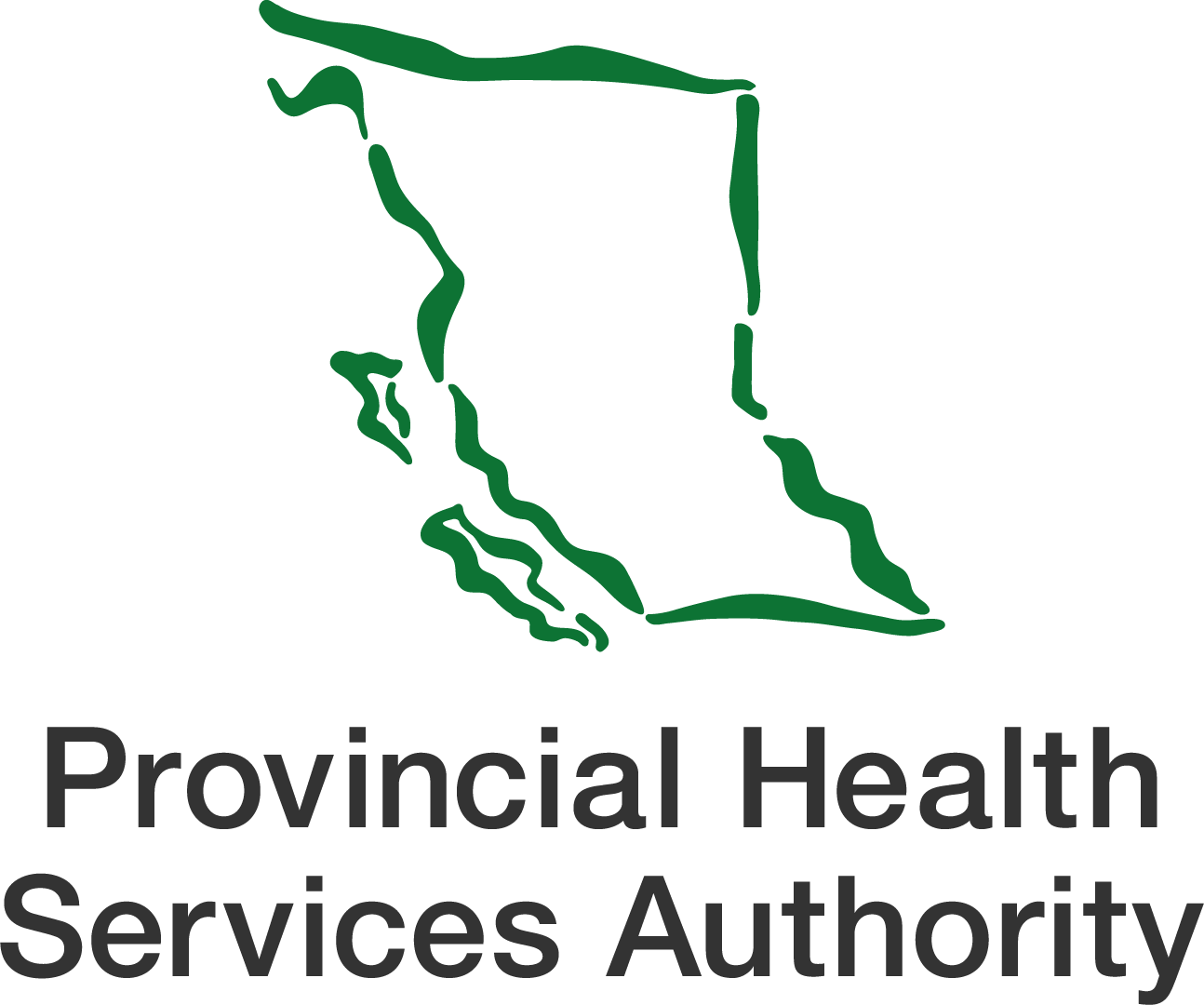
In a 2016 Canadian survey, more than two-thirds of respondents indicated a willingness to participate in clinical trials. Similarly, a recent survey led by BC Children’s Hospital found that 85% of families receiving care at the site were willing to participate in pediatric health research.
However, a review of ethics-approved prospective studies at BC Children’s Hospital revealed that the majority of these studies were not inclusive of diverse language speakers. A full third excluded participants with limited English proficiency (LEP) outright. Another third did not provide any language accommodation and only the remaining third mentioned using a language services to accommodate additional languages to facilitate participation.
Noting that patients from diverse cultures and with diverse languages or with LEP do not have the opportunity to participate in research equally (and that illnesses and injuries do not affect all communities the same way), Dr. Quynh Doan, a researcher and senior executive director with the BC Children’s Hospital Institute (BCCHR) embarked on a program of work addressing this issue.
Called “Improving Justice, Equity, Diversity and Inclusion in Pediatric Research by Assessing and Addressing Language Barriers” the study sought to understand the obstacles faced by those living with LEP to engage effectively in pediatric studies and trials.

In interviews with researchers and hospital leaders, five common themes emerged:
- Lack of resources to translate materials
- Lack of clarity around best practices and sharing
- Hesitancy to prioritize inclusiveness
- Lack of relevant competency and staff
- Lack of confidence in grasping cultural nuances
Dr. Doan presented preliminary results at Research Canada’s recent Parliamentary Health Research Caucus – Reinventing Children’s Health through Game Changing Pediatric Research and Innovation in May 2023, and her team has already planned next steps.
“We want to test a new model and evaluate feasibility, cost and uptake of research practices that are more inclusive,” she noted. “This includes creating a playbook with recommendations for improvement, as well as launching a pilot project that offers free access to interpretation services in September 2023.”
Dr. Doan’s study is one of several projects advancing a strategic initiative to strengthen equity, diversity and inclusivity in the conduct of research across BC’s Provincial Health Services Authority (PHSA).
“Dr. Doan’s project is a critical component of PHSA’s Research Roadmap, a three year strategic plan to strengthen our health authority-wide research enterprise,” says Ellen Chesney, Chief Administrative Officer Research at PHSA. In addition to BC Children’s Health Research Institute, the PHSA research enterprise includes BC Cancer Research Institute, Women’s Health Research Institute, BC Mental Health and Substance Use Services Research Institute, and the BC Centre for Disease Control.
Dr. Doan hopes that this study will help transform research culture to be more diverse, inclusive and equitable. She’d like to help ensure that research output is generalizable to the entire population and that evidence-based care is provided in a just and respectful manner to all peoples.
“Research lacking inclusiveness and diversity is unjust, ineffective and not generalizable,” she noted. “It contributes to further population-level health disparities, and becomes a larger issue for all.”
How you can help pediatric research be more inclusive
Here are a few ways that you can encourage more cultural diversity in pediatric research:
- Advocate for support and funding to make language accommodations (translation and interpretation) in research accessible, and a standard requirement to enable inclusion and diversity in research to address child health equity.
- Advocate for CIHR and other funding agencies to require research grant applications to include provisions to reduce language barriers with an associated budget line item — or to provide adequate justification for not including language provisions. This would be akin to how applications are required to address gender, sex, and race in the study.
- Advocate for more education and accessible (in various languages) communications about the importance of including diverse populations in research to ensure that child health research is generalizable to all Canadian children, and doesn’t perpetuate heath outcome inequities at the knowledge creation stage.

Provincial Health Services Authority (PHSA) is a Member of Research Canada: An Alliance for Health Discovery and Sponsor of the Parliamentary Health Research Caucus Buffet Luncheon, Reinventing Children’s Health through Game-Changing Pediatric Research and Innovation. Visit rc-rc.ca to learn more.
